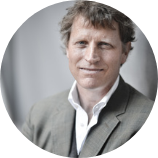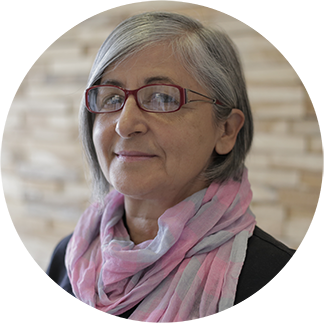About us
Who are we
Road of Hope is a non-profit organization based in Amsterdam, devoted to supporting refugees in their journey towards integration. We assist the integration of refugees in the host community by guiding them through this difficult, nerve-wracking process. Road of Hope is an organization that believes in humanized integration. The organization believes that successful integration is only achieved when the feeling of belonging to the new culture is created.
Whilst helping refugees navigate and understand their host community, we place great emphasis on the existing emotional barriers. It is of the utmost importance to tackle these, and thereby restore their sense of acceptance and self-esteem.
Road of Hope proceeds from a tailored approach, by welcoming and accompanying each refugee individually. That way, the person’s particular requests, as well as his family and social needs, will be attended to. Our work with refugees likewise acknowledges their culture, history and background.
As we develop relationships of trust with the refugees, we’re capable of understanding their demands and positively contributing to their development i.e. overcoming emotional difficulties and reducing cultural barriers. This is vital for them to familiarise themselves with local culture, and to be able to adapt to it.
Road of Hope’s programs aim to create an integration path that takes into consideration the values of the host society and of the refugees. Every service, act or intervention is based on the principle of fellowship, believing that every man and woman deserves to live in community, with dignity, solidarity and safety.
Our background
Road of Hope was created in order to enhance the reception and integration of refugees in the Netherlands. It´s founder, Patricia Silva Barendregt, is from Brazil and works in the field of international development. The ideal of the Road of Hope Foundation was inspired at heart when she first came face to face with the consequences of conflict and forced migration. This has led her to devote her life to improving the situation of refugees.
In 2006 she lived in Egypt to learn Arabic and shortly afterwards was transferred to work in a refugee camp in Sudan. She lived in the camp for 14 months, surrounded by the realities and difficulties of the field. Living under the same conditions in the camp enabled her to witness and comprehend the struggles and needs of refugees, experiencing personally how serious the problems of refugees can be. In the following years she lived in Jordan, where she provided social support and organized educational activities for children and adults.


Back in Brazil, she studied International Relations and worked as a policy advisor for the Iraqi Embassy in Brazil. In 2014 she moved for her Masters in International Development Studies at the University of Amsterdam. She conducted field research for her thesis in Jordan where she visited Syrian refugees and Jordanian families in Al-Mafraq, Irbid, Al-Zarqa, Amman and Al-Za’atari refugee camp. This experience transformed, not only her views, but her life entirely. In addition to the poverty and inhumane life conditions she observed, Patricia was strongly impacted by the feeling of hopelessness prevailing in the camp.
In the Netherlands she volunteered for the Dutch Council for Refugees, where she visited refugees at home, provided support, guidance and translations. During this time she realized that the best way to help both refugees and the host country was to create a new foundation. The core motivation of Road of Hope – to recognize which obstacles deter integration and to provide the assistance required to surmount them. Whilst discussing with colleagues and researchers in this area, we concluded that a novel collaborative organization would be most suited to aid refugees and their host communities. Thanks to this inspiration and the initiative of Patricia and the board members, Road of Hope was founded in May 2016.
Our vision
Is to contribute to a world in which displaced people, refugees and asylum seekers efficiently and humanely integrate into their host society.
Our mission
Is to enable displaced people, refugees and asylum seekers, regardless of religion, age and race to contribute to, participate in and engage with their host society, in order to function as citizens.
Our Values
As an institution, we cherish compassion and empathy in every action taken and decision made, believing that these values foster fellowship as a way to restoration, encompassing social, personal, emotional and professional aspects. Furthermore, we cherish mutual understanding between refugees and their host society with regard to their personal and professional histories, and differences in cultural context, respectively. Lastly, we value community as the foundation of mutual understanding that brings people together.
Our Values
Compassion
Empathy
Acceptance
Understanding
Community
Board members

Chairman
Brian Burgoon

Secretary
Raquel Nascimento

